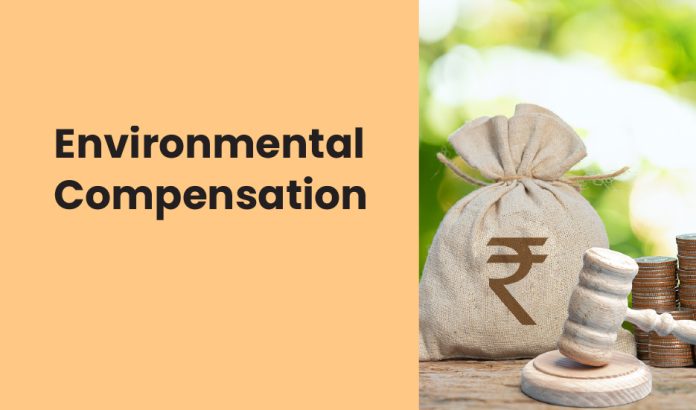While the private sector dutifully complies with the Environmental Compensation levied by the Jammu and Kashmir Pollution Control Committee for their transgressions against environmental laws, the Urban Local Bodies (ULBs) and other Governmental entities are procrastinating, citing a lack of budgetary provisions. Consequently, the essential objectives behind the explicit directives of the National Green Tribunal (NGT) are being thwarted. The Supreme Court has mandated that the issue of environmental pollution be vigilantly monitored by the NGT. Ultimately, the NGT decided to impose Environmental Compensation based on the ‘Polluter Pays Principle’ to act as a strong deterrent and generate funds for initiatives aimed at mitigating the adverse environmental impact.
The disconcerting reality of various ULBs actively contributing to environmental and water body pollution is nothing short of alarming.. The Pollution Control Committee, with commendable diligence, issues summonses to establishments such as hotels, restaurants, clinics, and automobile workshops, pressing them to install Sewage Treatment Plants (STPs) and Water Treatment Plants (WTPs) on their premises to prevent the release of water pollutants into drains, thereby safeguarding water bodies and groundwater quality. Regrettably, the majority of ULBs have faltered in establishing adequate SWM and STPs. This lamentable oversight has led to environmental degradation and the contamination of precious water resources.
The reckless disposal of building construction materials poses yet another grave concern. Construction companies and municipalities stand as major culprits, callously dumping materials into rivers and their tributaries. This indiscriminate bulk dumping triggers alterations in river courses and the overflow of water bodies, wreaking havoc downstream, resulting in extensive property damage and, in some tragic instances, the loss of human lives. Even though the SC has clearly outlined guidelines for violators, Government departments seem to treat these directives with an alarming degree of nonchalance. It is deeply disheartening to discover that Government departments employ procrastination tactics when it comes to remitting the imposed penalties. These officials are aware of the foreseeable consequences of their violations, yet they seem to lack a coherent strategy for the scientific disposal of urban waste. Despite substantial penalties being imposed, the situation has remained largely unchanged over the past few years. The non-payment of these penalties is utterly unacceptable, as this money is ultimately meant to be reinvested in the same location to ameliorate the environmental damage that has been inflicted.
The transgressors have received no respite whatsoever, neither from the NGT nor from the SC. It is crucial to note that the ULBs have already apprised their administrative departments of the penalties imposed, yet regrettably, no tangible actions are being taken to rectify the situation. Instead of implementing scientifically sound solutions to the core problem, the only observable change is in the locations of dumping sites. Numerous ULBs have demonstrated that garbage, sewage, and construction materials can be transformed into valuable assets when managed appropriately. Construction materials can be effectively reused, sewage can be treated, and reclaimed water can be utilised for gardening, washing, and various daily activities. Properly segregated garbage can serve as a vital input for numerous industrial processes. However, it is disheartening to note that the wayward local bodies have failed to implement any such measures in Jammu and Kashmir.
The UT Administration has to take immediate and resolute action to address the pressing issues of solid waste and sewage disposal plaguing every city and village in Jammu and Kashmir. Without swift and decisive planning, accompanied by time-bound initiatives, the situation is poised to deteriorate further.
Trending Now
E-Paper


